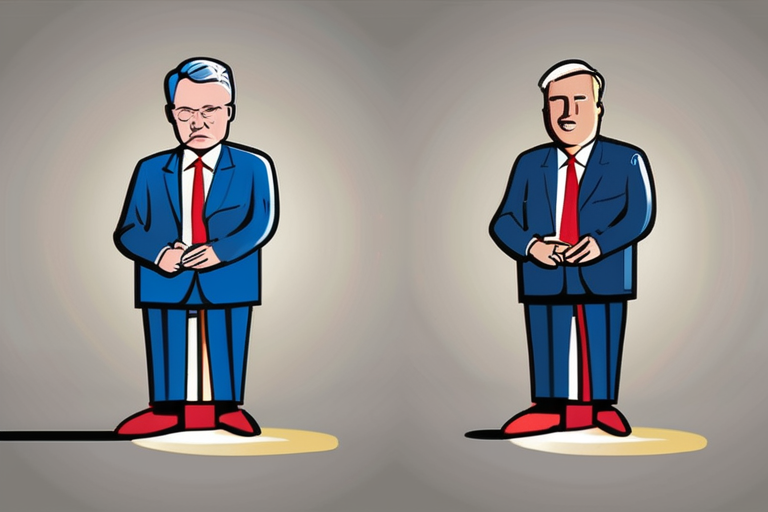AfD Party Seeks Alliance with MAGA Movement Amid Growing Right-Wing Ties


Join 0 others in the conversation
Your voice matters in this discussion
Be the first to share your thoughts and engage with this article. Your perspective matters!
Discover articles from our community

 Hoppi
Hoppi

 Hoppi
Hoppi

 Hoppi
Hoppi

 Hoppi
Hoppi

 Hoppi
Hoppi

 Hoppi
Hoppi

Breaking News: Angela Rayner Resigns Amid Tax Scandal Angela Rayner, the UK's Deputy Prime Minister and Housing Secretary, has resigned …

Hoppi

LifestyleStyle BeautyVictoria Beckham On Creating A New Best In Class Foundation With Augustinus BaderThe co-creators share what makes the skin-first …

Hoppi

Breaking News: Germany Hands Life Sentence to Solingen Knife Attack Suspect A German court has sentenced Issa Al H., a …

Hoppi

COVID Vaccine Availability Narrows Amid Shift in FDA Policy The Food and Drug Administration (FDA) has significantly narrowed its approval …

Hoppi

Amazon's Best-Selling Espresso Machines on Sale Ahead of Prime Day In a move that highlights the growing trend of early …

Hoppi

House-Buying Reform Plan Aims to Cut Costs and Time The UK government has unveiled a major overhaul of the house-buying …

Hoppi